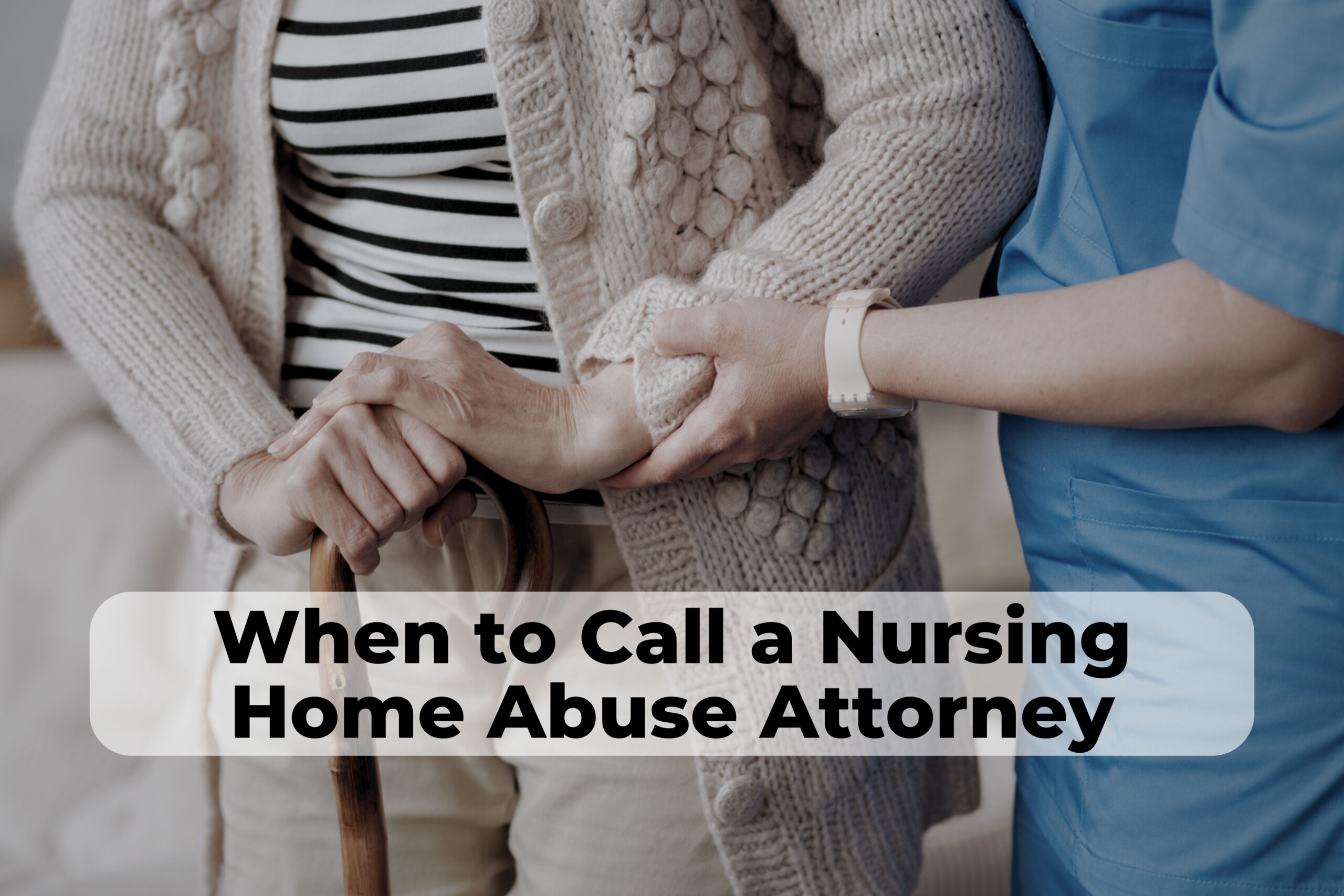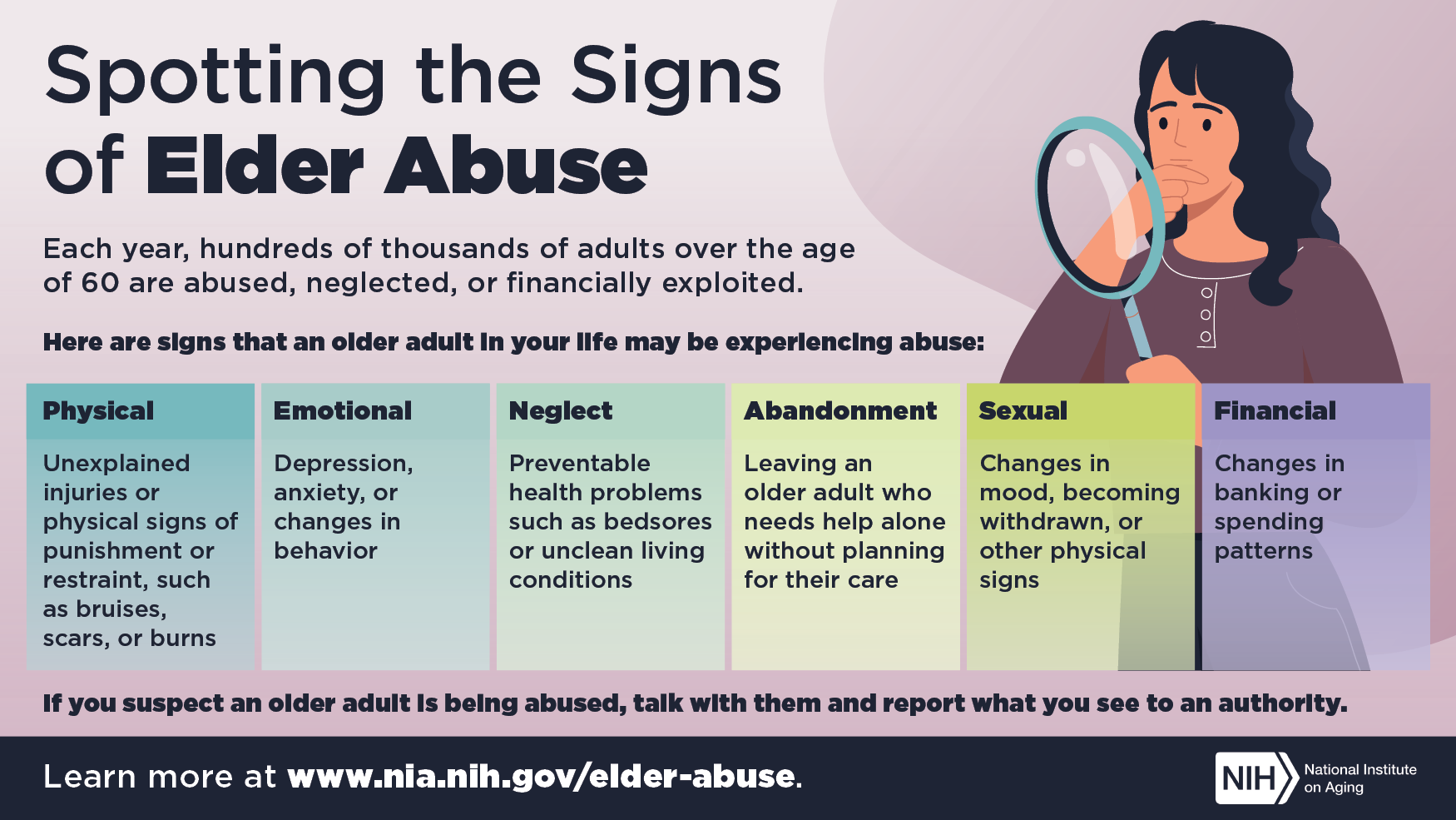
Elderly Abuse in Our Own Backyard: When to Call a Nursing Home Abuse Lawyer
December 12, 2024
Four New Mexico Caregivers Accused of Abuse of the Elderly and Developmentally Disabled
On December 3, 2024, the Albuquerque Journal reported that four caregivers were accused of abuse of elderly or developmentally disabled residents in Santa Fe, Rio Rancho, and Las Vegas. These defendants include an employee of the Pacifica Senior Living Facility in Santa Fe, and an employee of Morningstar of Rio Rancho Assisted Living Facility.
According to the New Mexico Health Care Association, there are “more than 15,600 Nursing facilities in the United States,” and “76 licensed nursing facilities in New Mexico.” As one of the largest generations in American history reaches their golden years, many will require assisted living services, including nursing homes. If you’ve had to make the difficult decision to place a loved one in an assisted care facility, you can help prevent nursing home neglect and abuse by looking for key signs.
In This Article:
5 Signs of Nursing Home Abuse or Neglect
According to the National Institute of Aging, there are six types of elder abuse to look for if your loved ones are staying in an assisted care facility.

These signs include:
Physical Abuse
While some may believe physical abuse is easy to spot, there are instances in which physical abuse can be disguised as “accidental injuries”. That’s why it’s so important to document everything and ask the nursing home to document everything. To spot physical abuse at a nursing home, look for unexplained injuries, signs of physical punishment, and signs of restraint. Signs of restraint can include bruising around the wrists and ankles, and even friction burns in these areas.
What to watch for:
- Unexplained bruising
- Broken bones
- Unexplained sores
Emotional Abuse
Emotional abuse at nursing homes can be a little more difficult to spot, but it’s a very common form of abuse. One of the best ways to spot emotional abuse is to visit frequently and note any changes of behavior. If it’s not possible to visit frequently, attempt to maintain contact with your loved one and document any signs of depression, anxiety, or behavioral changes.
What to watch for:
- Changes in behavior
- Increased depression
- Increased anxiety
Neglect
Another common form of abuse in nursing homes is neglect. While some nursing homes may be short staffed or overbooked, there is no excuse for elderly neglect. Some telltale signs of nursing home neglect include preventable health problems and unclean living conditions. When you visit your loved one, be sure to monitor the common areas as well as their private quarters. This will give you an understanding of how the nursing home maintains their facility and how your loved one is being treated.
What to watch for:
- Bedsores
- Dehydration
- Malnutrition
Abandonment
When you place an elderly loved one in a nursing home, that nursing home has assumed responsibility for the well-being of the patient/resident. If they do not properly care for the resident, it could be considered abandonment. Signs of abandonment in nursing homes include not supplying proper nutrition, failure to aid physically impaired clients in daily necessities (eating, movement, etc.), ignoring patient calls, and not checking on patients regularly.
What to watch for:
- Dehydration
- Hygiene problems
- Unexplained decline in health
Sexual Abuse
Sexual abuse in nursing homes is more common in female residents and residents with cognitive impairments such as dementia. There are both physical and emotional signs to watch out for when it comes to sexual abuse. Many victims will become withdrawn emotionally and exhibit signs of depression and Post-Traumatic Stress Disorder. Additionally, if your loved one has physical signs such as bruising, recurring urinary tract infections, or unexplained pelvic bleeding, it is possible they were sexually abused in the nursing home.
What to watch for:
- Sudden change of behavior
- Pain or injuries in the pelvic area
- Increased depression
Financial Abuse
Nursing home financial abuse doesn’t just refer to manipulating or exploiting residents, but can also include misuse of a patient’s funds, property, and assets. If you’re looking for evidence of financial abuse in nursing homes, keep an eye out for changes in spending habits, unexplained bank withdrawals, unaccounted for credit card expenses, forgeries on financial and legal documents, and missing belongings.
What to watch for:
- Missing money
- Missing personal items
- Unexplained credit card charges
If you’ve noticed any signs of nursing home abuse or suspect the care facility your loved one is at, it’s essential to take action immediately.
What to do If You Spot Elder Abuse in a Nursing Home in New Mexico
If you suspect nursing home abuse in Albuquerque or anywhere in New Mexico, it’s essential to take action immediately. You can contact the Health Facility Complaints Hotline at 1-800-752-8649. If you’re ready to file a formal complaint, fill out the Health Facility Consumer Complaint Form and email it to [email protected].
You can also file a report online through the Health Facility Reporting System.
If you suspect life-threatening or sexual abuse, call the police immediately. This is essential for ensuring your loved one’s immediate safety.
After filing your complaint, be sure to contact a Nursing Home Abuse Lawyer near you to ensure that you and your loved one’s rights are protected throughout the process.
When to Call a Nursing Home Abuse Lawyer in Albuquerque
As you go through the process of filing a claim for abuse, you may be offered a settlement or be told to sign a document. Be sure to consult a nursing home abuse attorney before signing anything, as your rights may be infringed upon if you sign documents without legal counsel.
Because nursing home abuse is a sensitive subject, be sure to find a nursing home abuse attorney that you can trust.
How Can Ron Bell Injury Lawyers Help New Mexico Nursing Home Abuse Victims
The team at Ron Bell Injury Lawyers has been fighting for the rights and protections of elderly nursing home residents for decades. Our team knows that this is a delicate subject, but time is of the essence. We take over the highly complicated process of getting compensation after nursing home abuse, so you and your loved ones can focus on healing and finding proper care.
We can go through the process of filing a claim on your behalf, help you and your loved ones understand your rights, collect evidence and medical documents, and conduct investigations to ensure you get the compensation you deserve. Ring the Bell and get your free case evaluation today.
